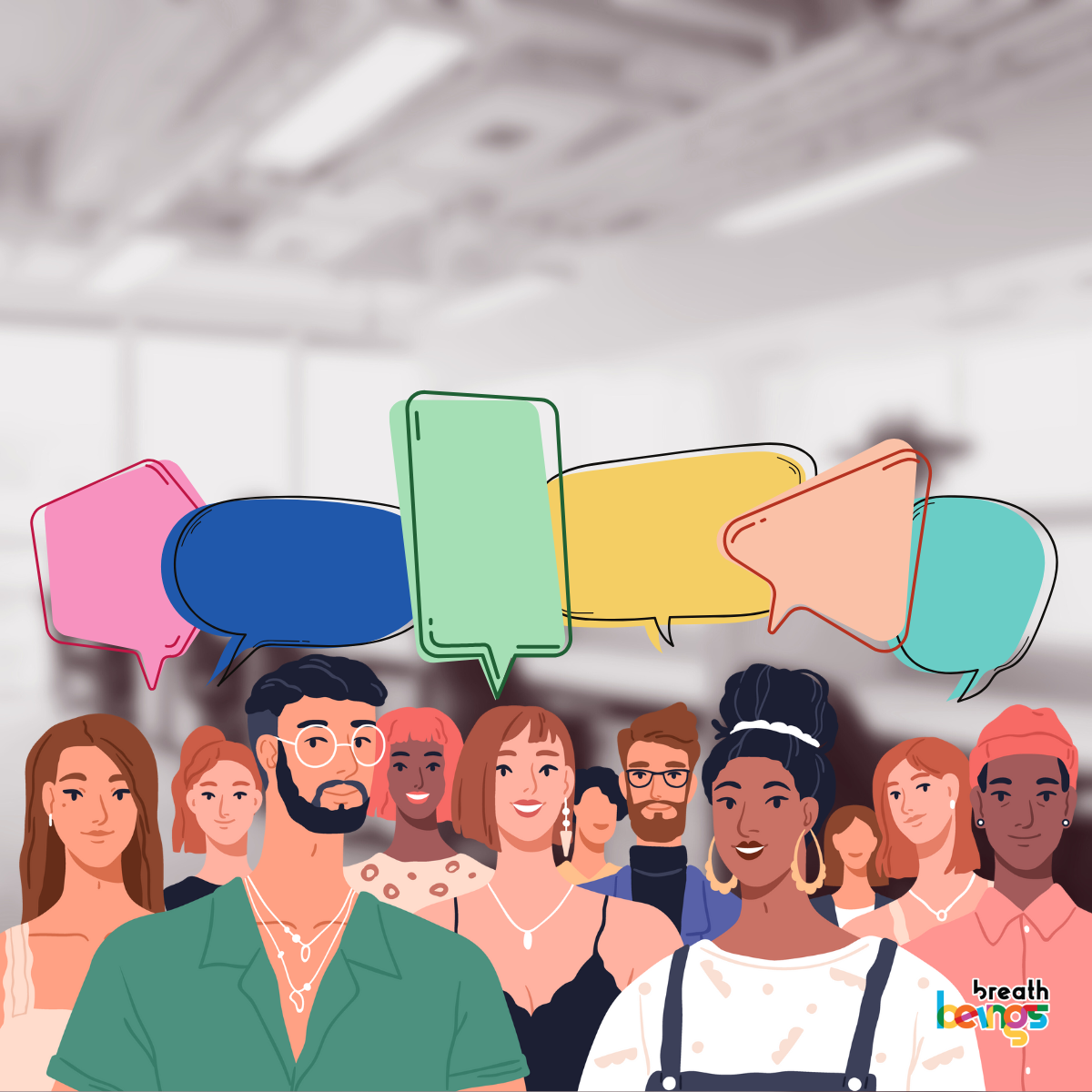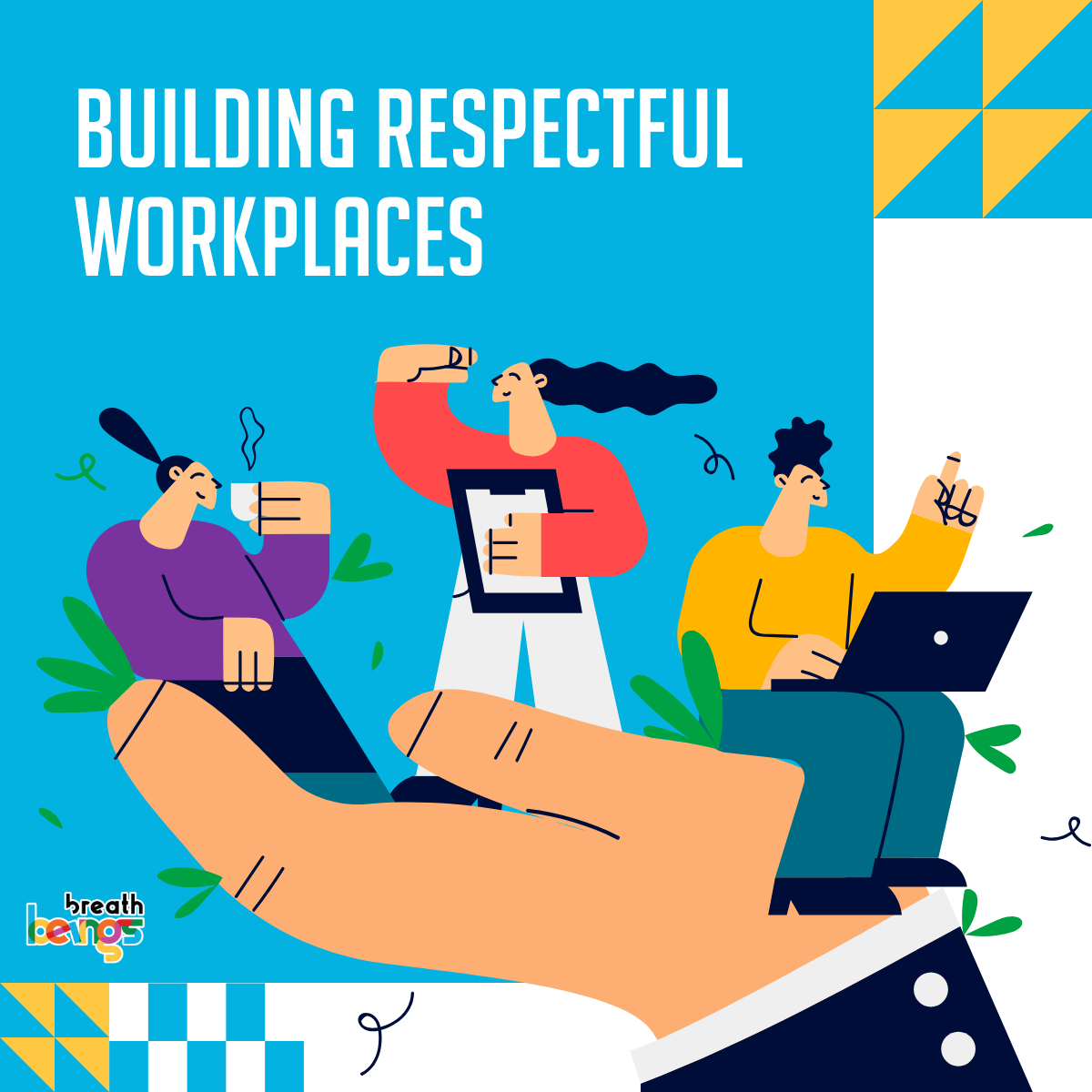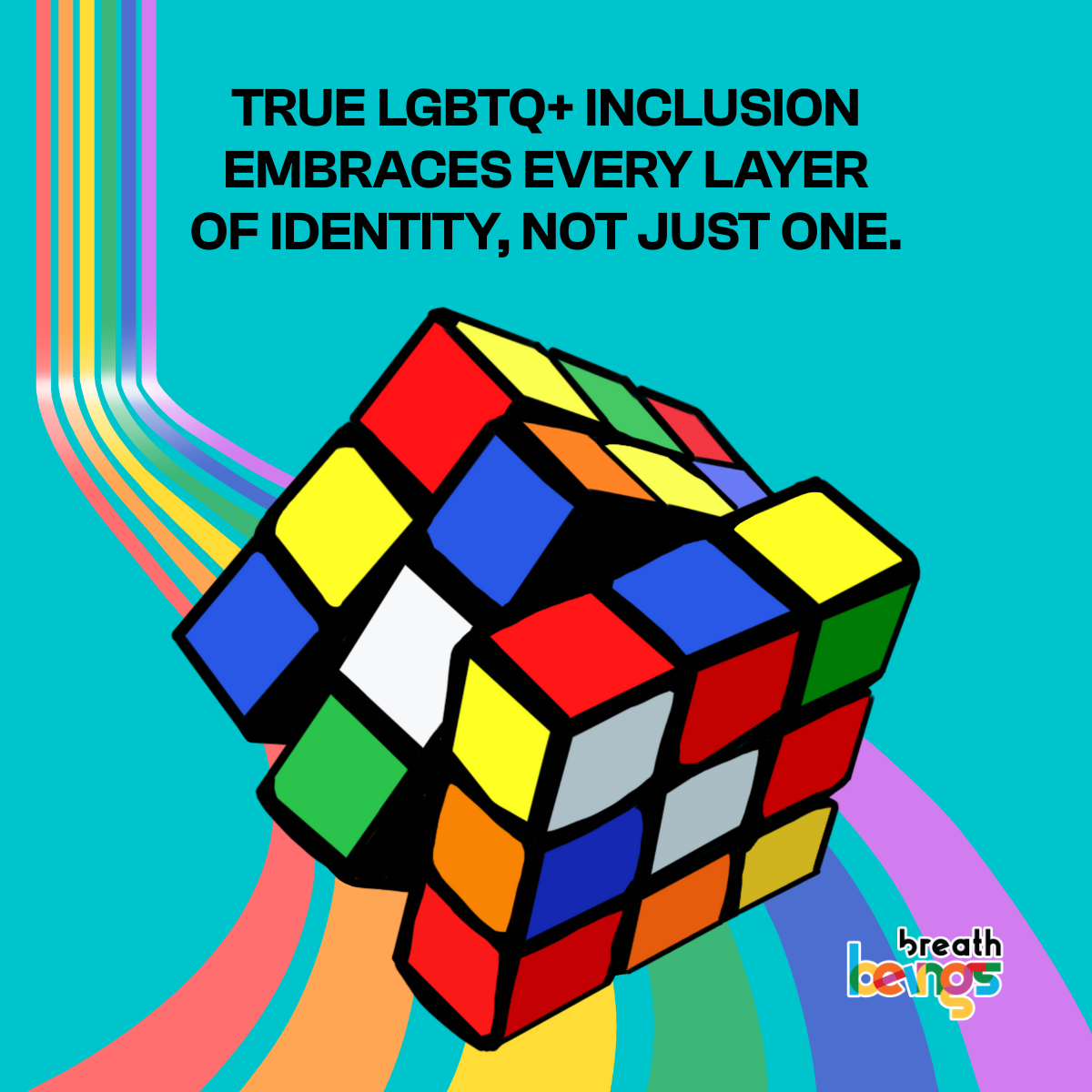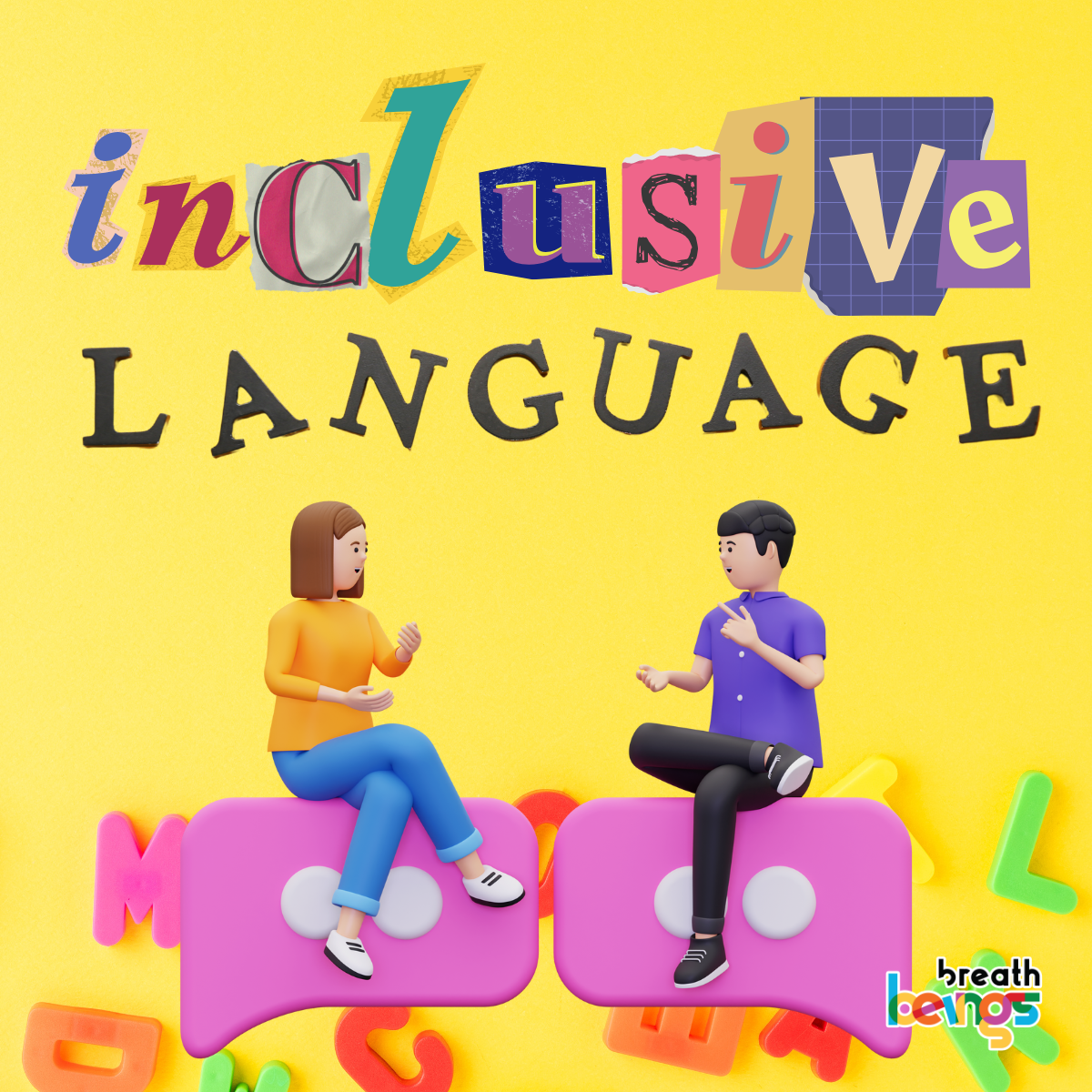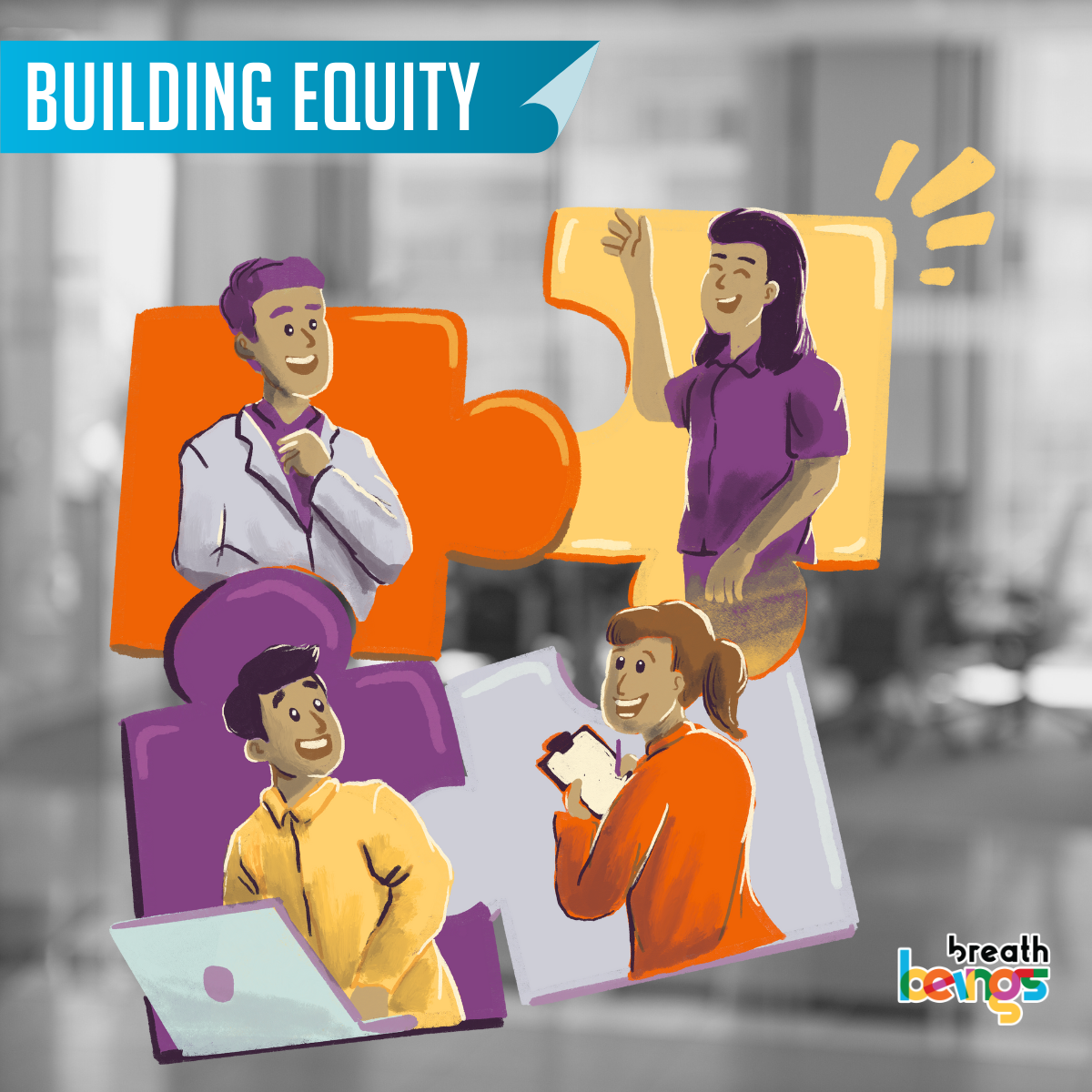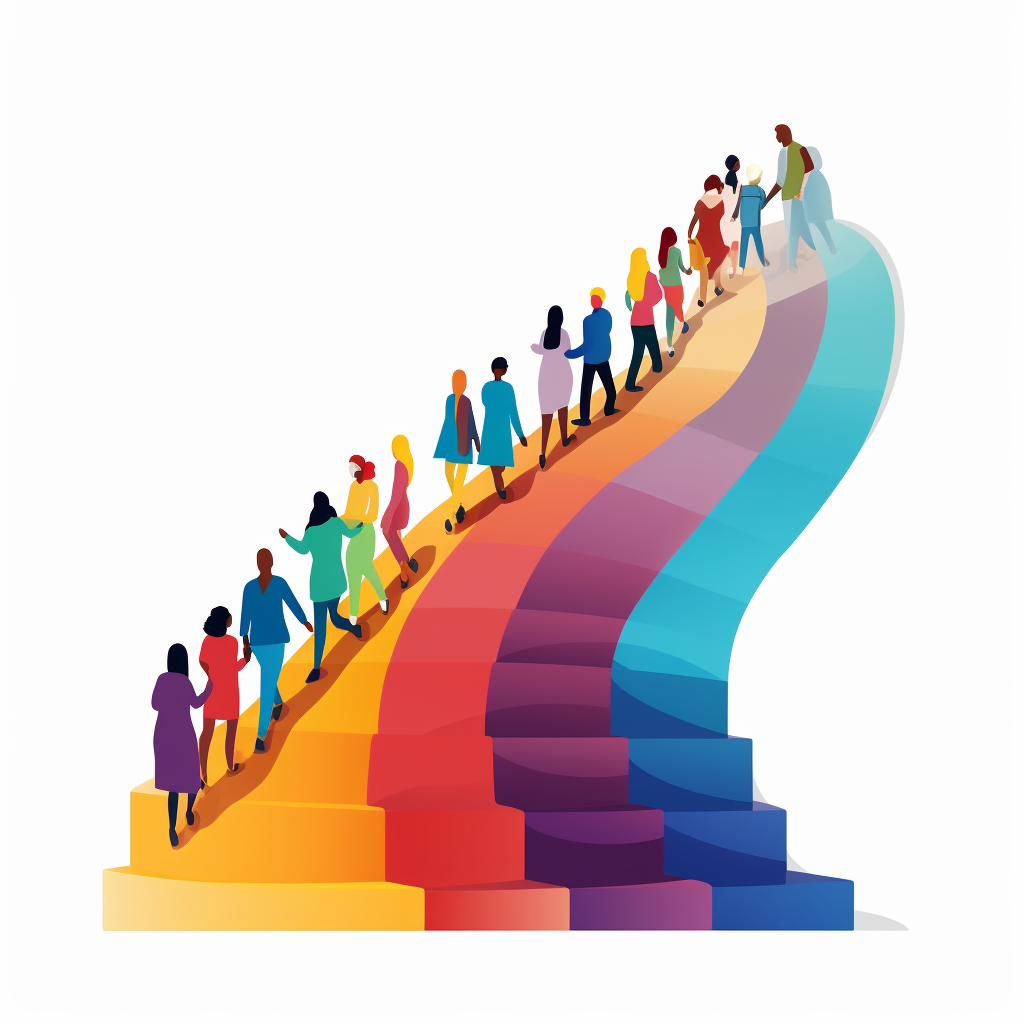Words craft worlds that we inhabit.
Let’s imagine this conversation between two characters, exclusion and Inclusion
Exclusion: Come on guys!! Let’s have some fun!!
Inclusion: Should we be using guys when we have so many women in the team?
Exclusion: Come on. You’re making a big deal out of this!
Inclusion: Small acts do compound over time.
Exclusion: I’ve been using guys forever! No one stopped me then, so why now?
Inclusion: It’s probably a good idea to stay relevant in these changing times
Exclusion: Do you know guys has been identified as gender-neutral? See this article on Google!! Check this out on Quora!!
Inclusion: If you are comfortable addressing everyone as guys, would you be equally comfortable addressing everyone as girls? “Hey Girls, let’s get started”
Exclusion: Sounds ridiculous! I’m not a girl.
Inclusion: And a girl is not a guy..
Exclusion: Dude…
Inclusion: Dude again refers to…
Exclusion: Come on Bro.. not again
Inclusion: Again.. Bro is not gender inclusive..
Exclusion: At this rate, mankind will have to keep silent!
Inclusion: Mankind? Do you mean humankind?
Exclusion: Can you leave me alone?
Inclusion: That would mean exclusion gets excluded! That’s not something we do.. So..Let’s talk.

Breaking the patterns of the past is not easy. The words we use on an everyday basis can be gendered and can tend to exclude people. Inclusive vocabulary is about consciously using words that make everyone feel like they are seen, valued and that their presence matters.
Instead of guys, I have started consciously practising folks, people, everybody, team, friends, all.
We use words like man-hours, manpower, forefathers, mother tongue, chairman, so easily, so naturally. Can we say people hours, talent, ancestors, native tongue, chairperson?
What are some gendered words in English that you’ve come across that we need to consciously change?
#diversity #Inclusion #Inclusivevocabulary #orgculture #mindfulness
